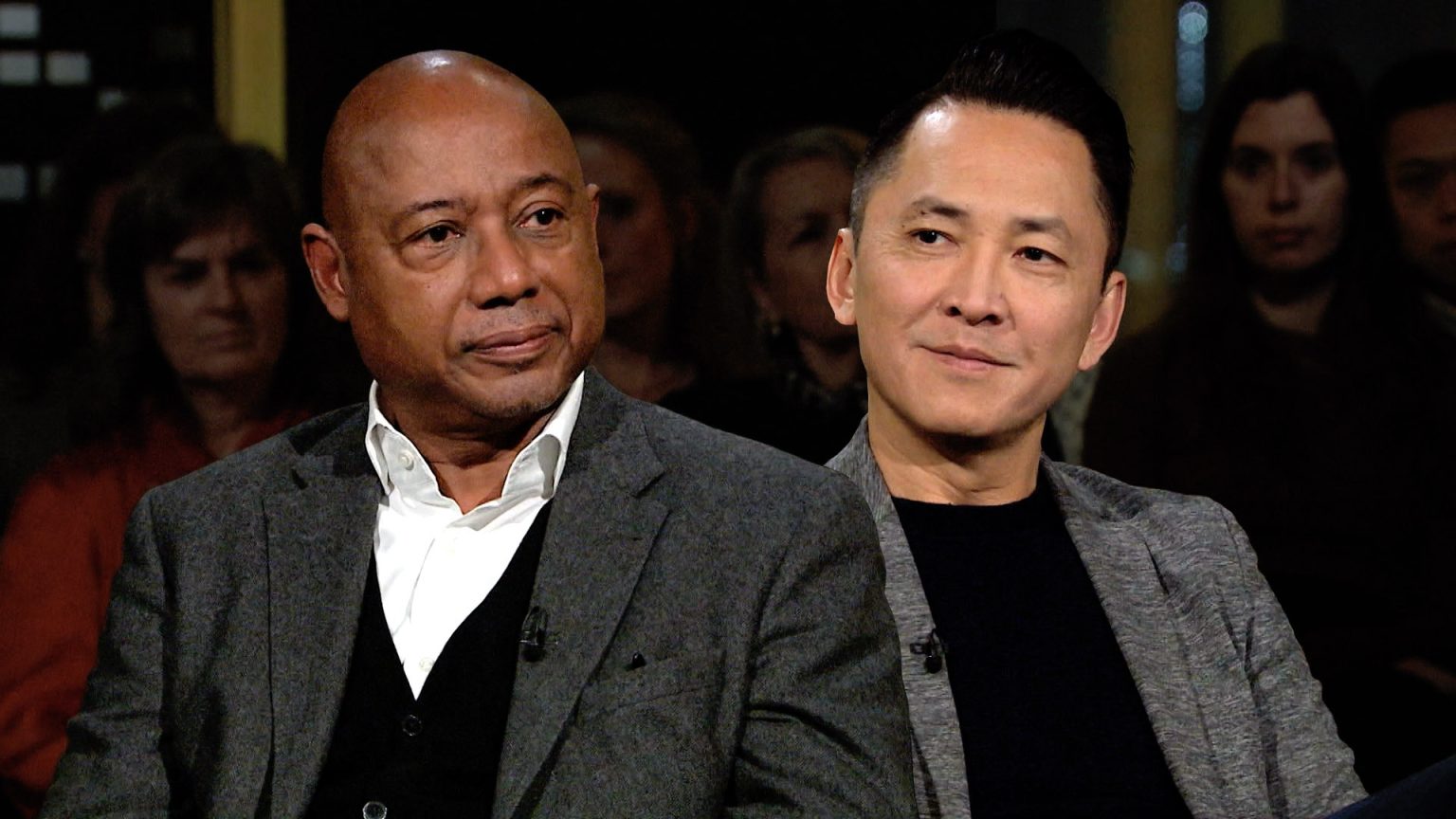Raoul Peck has gained recognition for his powerful documentaries that address issues of violence and inequality in modern society. His work, notably the Oscar-nominated I Am Not Your Negro and Peabody-winning Exterminate All the Brutes, delves into themes of racism, colonialism, and genocide. Through his films, he sheds light on the legacy of historical injustices that continue to shape the present day, particularly in the United States. Peck’s exploration of the work of civil rights icon James Baldwin and his indictment of colonialism in Exterminate All the Brutes exemplify his commitment to using art as a platform for social and political commentary.
Viet Thanh Nguyen, a Vietnamese-American author and professor, is also known for his politically charged work that grapples with themes of war, displacement, and memory. His Pulitzer Prize-winning novel The Sympathizer, which has been adapted into an HBO series, delves into the complexities of identity and loyalty through the lens of a Vietnamese spy during the Vietnam War. In his writings, Nguyen draws from his own experiences as a refugee and explores the lasting impact of US involvement in foreign conflicts. By examining the personal and political dimensions of war and displacement, Nguyen’s work invites readers to reflect on the interconnectedness of global events and individual narratives.
In their conversation, Peck and Nguyen reflect on their own political awakenings and the transformative power of art in challenging societal norms and narratives. They delve into the significance of Gaza as a symbol of resistance and resilience, highlighting the ways in which marginalized communities defy oppression and assert their humanity. By exploring the complexities of conflict and resistance, Peck and Nguyen illuminate the nuances of power dynamics and the importance of amplifying marginalized voices in the fight for justice and equality. Their commitment to using art as a means of unsettling and subverting dominant narratives underscores the role of artists in fostering social change and collective healing.
Peck and Nguyen’s discussion underscores the importance of interrogating historical and contemporary systems of oppression and violence through a critical and intersectional lens. By centering the voices of those most impacted by injustice and inequality, they challenge audiences to confront uncomfortable truths and imagine alternative futures. Through their art, they seek to dismantle entrenched power structures and cultivate empathy and solidarity across diverse communities. By engaging with the complexities of memory, trauma, and resistance, Peck and Nguyen invite viewers and readers to reckon with the legacies of colonialism, war, and displacement that continue to shape our world today.
As artists and intellectuals committed to social change, Peck and Nguyen exemplify the transformative potential of storytelling and visual culture in challenging dominant narratives and advocating for justice and equity. Their work invites audiences to critically engage with the complexities of power, privilege, and oppression, prompting reflection on the ways in which individuals and societies are complicit in perpetuating systems of violence and inequality. By amplifying the voices of marginalized communities and shedding light on forgotten histories, Peck and Nguyen inspire viewers and readers to confront uncomfortable truths and imagine new possibilities for collective liberation and healing.
In conclusion, Raoul Peck and Viet Thanh Nguyen’s conversation illuminates the power of art and storytelling in confronting violence and inequality while fostering empathy and understanding. Through their respective works, they challenge audiences to confront uncomfortable truths, interrogate power dynamics, and imagine alternative futures rooted in justice and equality. By amplifying the voices of marginalized communities and shedding light on forgotten histories, Peck and Nguyen invite viewers and readers to reflect on the interconnectedness of global events and individual experiences, inspiring collective action and solidarity in the pursuit of a more just and equitable world.


